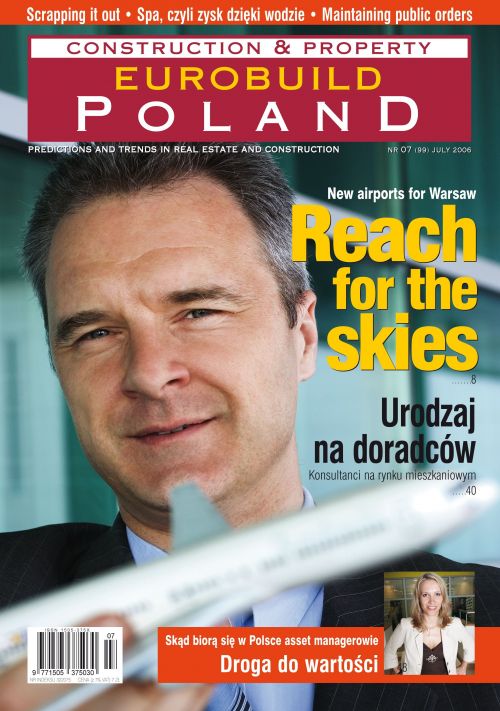A hotel operator ‘Eurobuild Poland’ spoke to believes that “man is like a battery – he needs recharging from time to time.” He has extended his spa hotel to act as such a battery charger and never complains about any lack of work-weary customers. Although the Polish spa market is relatively young, it can look confidently to the future The fashion to be seen relaxing in a spa hotel (Sanus per Aquam – health through water) started in Poland a few years ago, immediately becoming the in-thing with well-to-do Polish women. In a short time men were also being won over to this form of relaxation, and hoteliers also found that from the very beginning their attractively priced services were enticing foreign customers. Agnieszka Badyna, of the SPA Bryza Hotel situated on the Hel peninsula on Poland’s Baltic coast, paints an idyllic picture of why people are seduced by spas: “Just imagine a fine view of the sea and a beach within a stone’s throw of a hotel furnished with natu




























































